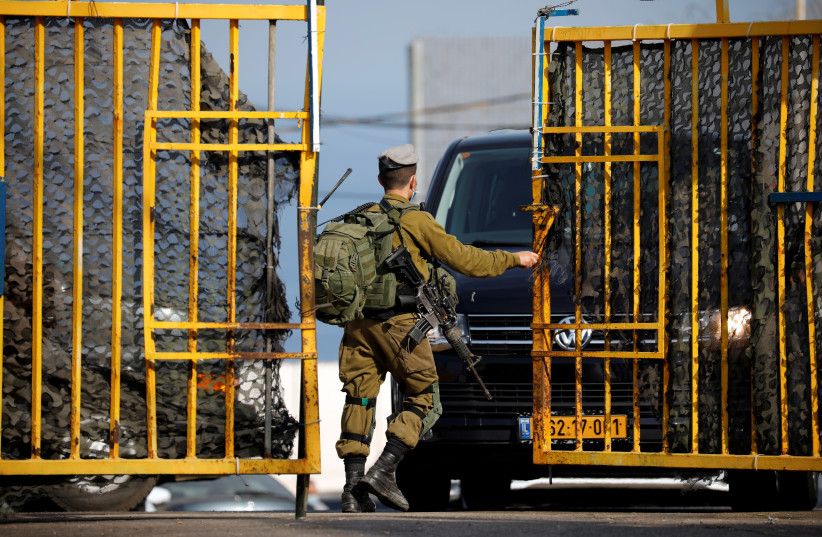Maronite Archbishop of Haifa and the Holy Land Moussa El-Hage was reportedly detained on Monday while carrying money and aid from Lebanese people living in Israel to their relatives in Lebanon, according to Lebanese media.
The archbishop regularly travels between Lebanon and Israel under special arrangements made for Christian clergy, but this was the first time he had been detained in the process. Lebanese media reports indicated he was carrying money and medicine from Israel.
Justice Fadi Akiki, who is in charge of the file, told the Lebanese newspaper Annahar that the archbishop was carrying about $460,000, adding that the funds came from people residing in Israel, "the majority of whom work in the interest of the enemy."
The judge stressed that the money is subject to Lebanese laws concerning everything that enters Lebanon from Israel. "I respect the church, but there is a law that is the boycott of Israel and it is my duty as a judge to implement it," said Akiki.
The judge added that the archbishop was not arrested and was just subjected to the inspections at the crossing that everyone who uses the crossing has to go through, including UN officials.

Incident sparks controversy throughout political spectrum
The incident sparked outrage with Maronite Lebanese officials claiming that government officials were targeting them due to anti-Hezbollah statements made by Maronite Patriarch Bechara Boutros al-Rahi. Meanwhile, Hezbollah-affiliated media claimed that the archbishop was carrying money for Lebanese citizens who were helping Israel and that politicians were using the incident to promote normalization.
According to a statement made on Wednesday by the Synod of Maronite Bishops, Hage was detained for over 12 hours on his way to Lebanon from his diocese in Israel. The Synod complained that the archbishop was interrogated "without justification" adding that his Lebanese passport, phone, papers, and medical and financial aid intended for the sick and need in Lebanon from all sects were confiscated by security forces.
The Synod added that it "did not think that it could reach a time in the Republic of Greater Lebanon when a bishop is attacked without any right and in contravention of the principles and customs and without any consideration for his person, position, role and mission."
The bishops demanded that every official relevant be held accountable and dismissed "regardless of their position."
"We reject, deplore and denounce in the strongest terms what was premeditated and designed, at a remarkable and suspicious time, and for known malicious ends, against our brother Bishop Musa El-Hage," added the Synod, demanding the "cessation of this security, judicial and political force" as well as the return of all the aid confiscated from the archbishop.
The Lebanese Al-Akhbar newspaper claimed that a list of names of Lebanese recipients of funds Hage was carrying from Lebanese people in Israel including people who have been convicted of working with Israel. The newspaper additionally claimed that the support coming from Lebanese people in Israel for their relatives in Lebanon had become "beyond reason."
Lebanese Druze politician Walid Jumblatt called for calm amid the uproar, stating that "a quiet handling is better than this noise," but adding that "we reject the Israeli exploitation of the position of clerics in an attempt to smuggle money for political ends."
On Friday, Hage met with Lebanese President Michel Aoun to discuss the incident.
